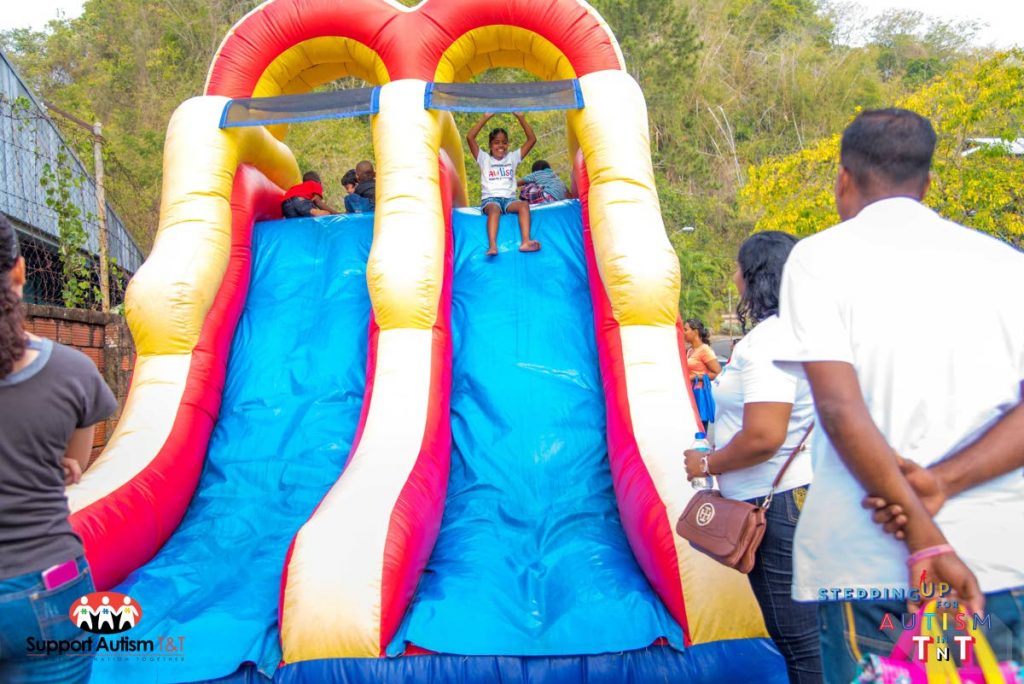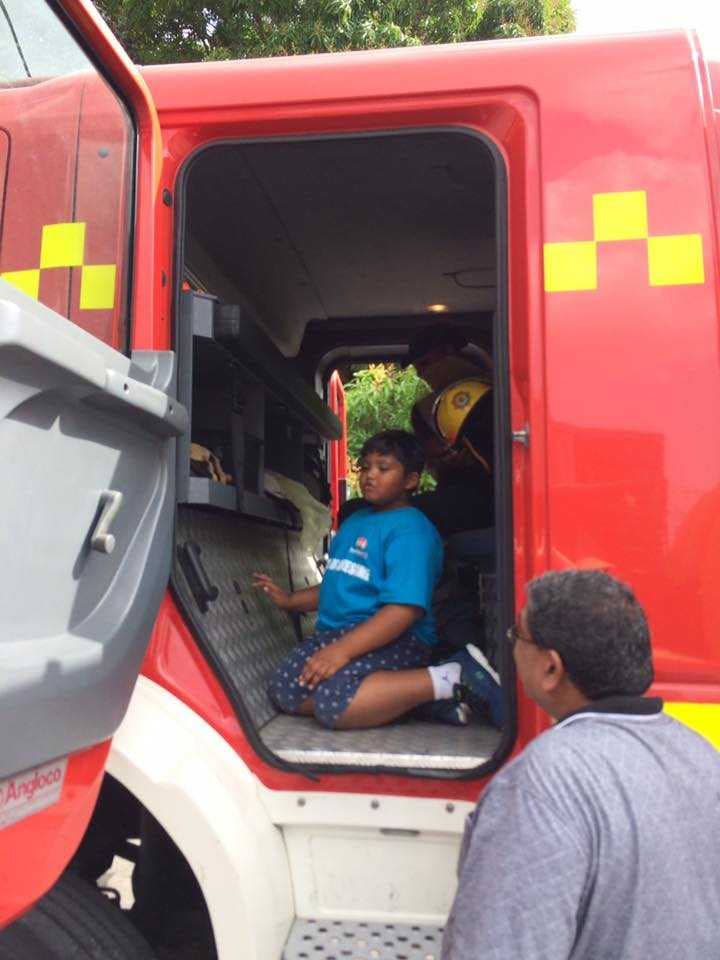Carnival safety for those with autism

DR RADICA MAHASE
CARNIVAL can be a tough time for those with autism and other special needs. One parent noted, “Long weekends are the most challenging times for my family, especially Carnival. My eight-year-old son loves school and when he has to stay home he gets frustrated. We do everything we can to keep him entertained and busy but he almost always gets meltdowns. He doesn’t understand why he can’t go to school.
"Once he’s home and agitated the entire family feel badly that we can’t do much for him. It almost impacts on us because by Ash Wednesday we are mentally drained. He loves the pool but it’s usually closed so we go to the park to walk and that helps a little bit. Sometimes we rent a beach home and spend the weekend away from home, sometimes we visit family just to get out of the house.”
Whatever activities you are engaged in this long weekend it is very important to put things in place to ensure the safety of those with autism and other special needs. Most parents/caregivers of a child with special needs tend to be very vigilant anyway, but here are some reminders:
Ensure constant supervision when attending public events or visiting public places – Many children with autism do not have a sense of danger. For example, they may not understand that it is not safe to walk on a busy road. Thus, children attending events need to be supervised at all times. There are many instances where children pulled away from their parents and ran into the road or wandered off.
It’s also very easy for children to get lost in crowded spaces. Those parents who know that their children are runners and wanderers would already have precautions in place to protect their children. However, even if a child does not have a history of running or wandering off it could happen and so it’s always better to be extra cautious.

Make sure children have some form of identification with them – this is especially important for children who are non-verbal. It should have basic information – the child’s name, a parent’s name and telephone contact and a short statement explaining that the individual has autism and will not communicated verbally.
Protect children from child abuse: many parents and caregivers believe that they can leave their children with relatives while they go out to fete/lime/ play J’Ouvert, etc. However, there have been numerous cases where perpetrators are actually relatives or someone close to the child. Again, children who are non-verbal might not be able to communicate what’s happening to them. Parents and caregivers thus need to be mindful of other things; behavioural changes such as social withdrawal, outbursts and meltdowns, a child’s refusal to go to a particular place or to be with a specific people might mean more than a child just being "difficult."
Explain safety measures to your child – so many times we underestimate the level of understanding of those with autism. We tend to believe that if an individual cannot communicate verbally then that individual might not be able to understand certain things. However, it is always good to give them the benefit of the doubt and explain anyway. For example, teaching your child about the role of police officers, fire officers, Red Cross, and so will help them to understand that these are the people they can go to if they need help. You can do this using a variety of visual resources – picture cards, storybooks and children’s videos. If you are taking your child to a public event, it might help that when you get there you show them the police and ambulance post and explain their functions.
Be extra vigilant around water. Many children with autism are attracted to rivers, ponds, beach, pools, etc. In TT we have a wonderful beach culture which means an extra responsibility of ensuring children’s safety. Don’t ever leave children with autism unsupervised even if they can swim. Remember, many have little or no sense of danger. Sadly, there has been an increased in the number of children with autism in the USA who has wandered off, were drawn to lakes, pools and so on and drowned. Thankfully, we haven’t had cases for TT and as long as we continue to be extra vigilant we can keep up our good track record.
A little bit of planning can go a long way. Let’s do our part to protect our children.
Dr Radica Mahase is founder/director, Support Autism T&T

Comments
"Carnival safety for those with autism"